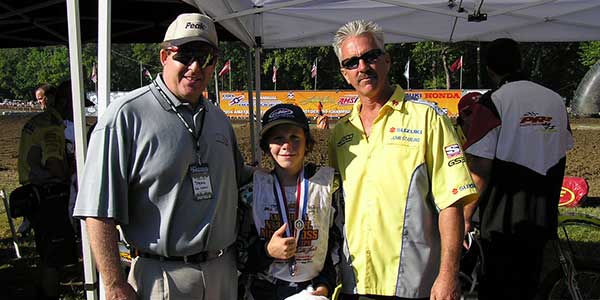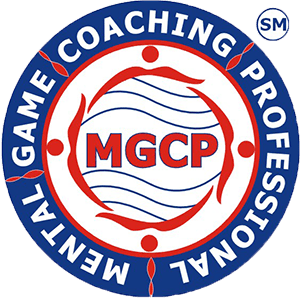
Mental Coaching Mistakes
I’ve made many mistakes over the last 20 years as a mental game coaching professional. But, I’ve learned from them…
When I started out – in the early 90’s – being a full time mental coach wasn’t a common career path. Most sports psychology professionals taught at a University and consulted with athletes and teams in their spare time.
So, I had to learn by trial and error early in my career. And if you’ve been teaching the mental game to athletes, you’ve probably made mistakes too…
One coach posted this question on my mental coach survey: “What’s the number one mistake a mental coach makes on the first consultation with an athlete?”
I can only answer based on my experience….
Early in my career, I failed to use mental game assessments. When I attended the University of Virginia, Bob Rotella convinced us that tests are worthless for helping athletes succeed.
But in the late 80s, mental game assessment were being developed by researchers and not people working with athletes on a daily basis. Researchers wanted tests you can validate.
So a few years later, I developed by own assessment called the AMAP or Athlete’s Mental Aptitude Profile, which I share with all MGCPs.
It’s certainly not a validated psychological test, but it does help you understand athletes better — even before you enter the first session.
My point? You don’t want to go into a first session blind, without a preliminary plan. You want an assessment that provides specific information about your athlete, which you can use to develop a plan for coaching.
When an athlete starts a program, you have a head start and can prepare a program. You then can be even more specific with the questions you ask in the interview phase.
What are other top mistakes mental coaches make?
- Not understanding the athlete’s sport or using the wrong lingo
- Forcing athletes to do mental training
- Thinking there is only one approach to helping athletes
- Making guarantees for improved performance
- Making mental training too complex (too much psycho babble)
- Trying to “hold the athlete’s hand” when they don’t want you to
This is a small list of the mistakes I’ve seen others make (or I’ve made myself) when working with athletes.
But the good news is you can learn from my mistakes during the MGCP certification program this spring term.
Another huge perk of the program is that you use the AMAP and GMAP assessments I use every day with my students.
MGCP Graduate:
“I find your openness with information and willingness to help your students to excel at becoming a Mental Game Coach truly refreshing and remarkable. I enjoyed the course and found it very practical – I was able to finish the course material and start working with clients immediately.”
~Kerri Morgan
Related Mental Coaching Articles:
- Learn From Mistakes I Made
- Top Mistakes Mental Game Coaches Make
- Assessing Mental Training Effectiveness
Apply To Be In The MGCP Program!
Upon acceptance into the Mental Game Coaching Professional (MGCP) program, you’ll be given assess to the MGCP documents and to the peaksportsnetwork.com membership web site, start dates and times of each video conference, and how to access the video conference.
The MGCP video conference certification program is taught by video conference over a period of 10 weeks, meeting for two hours each week, but the course can take up to 12 weeks to complete (due to holidays and such).
By the end of the certification program (provided you have completed all requirements for graduation), you will receive a certification from Peak Performance Sports, LLC as a certified Mental Game Coaching Professional!
Have questions about the MGCP program? Read our FAQ. Find out what is included in the MGCP program. Call 888-742-7225 or email us at Peak Performance Sports
